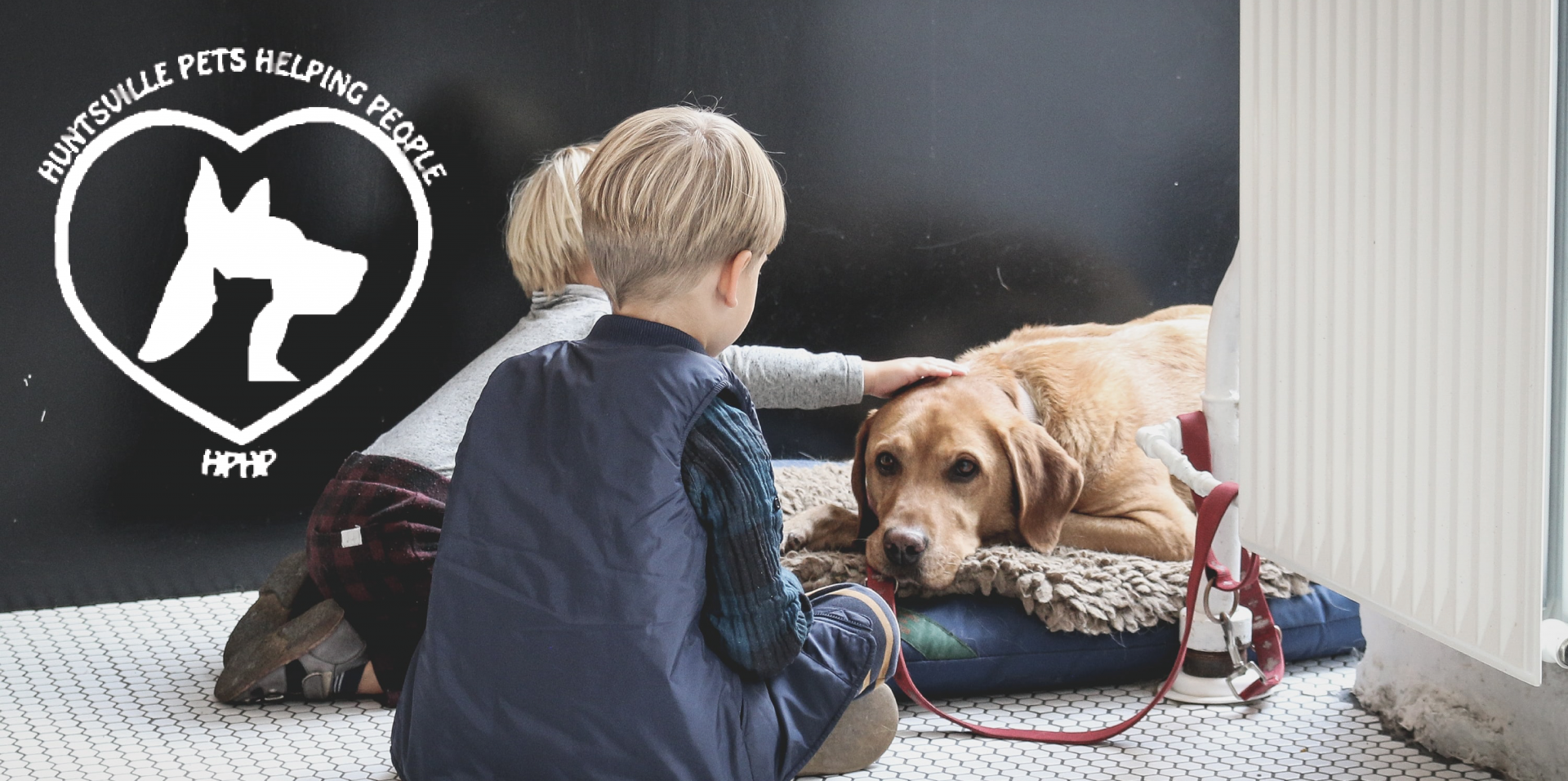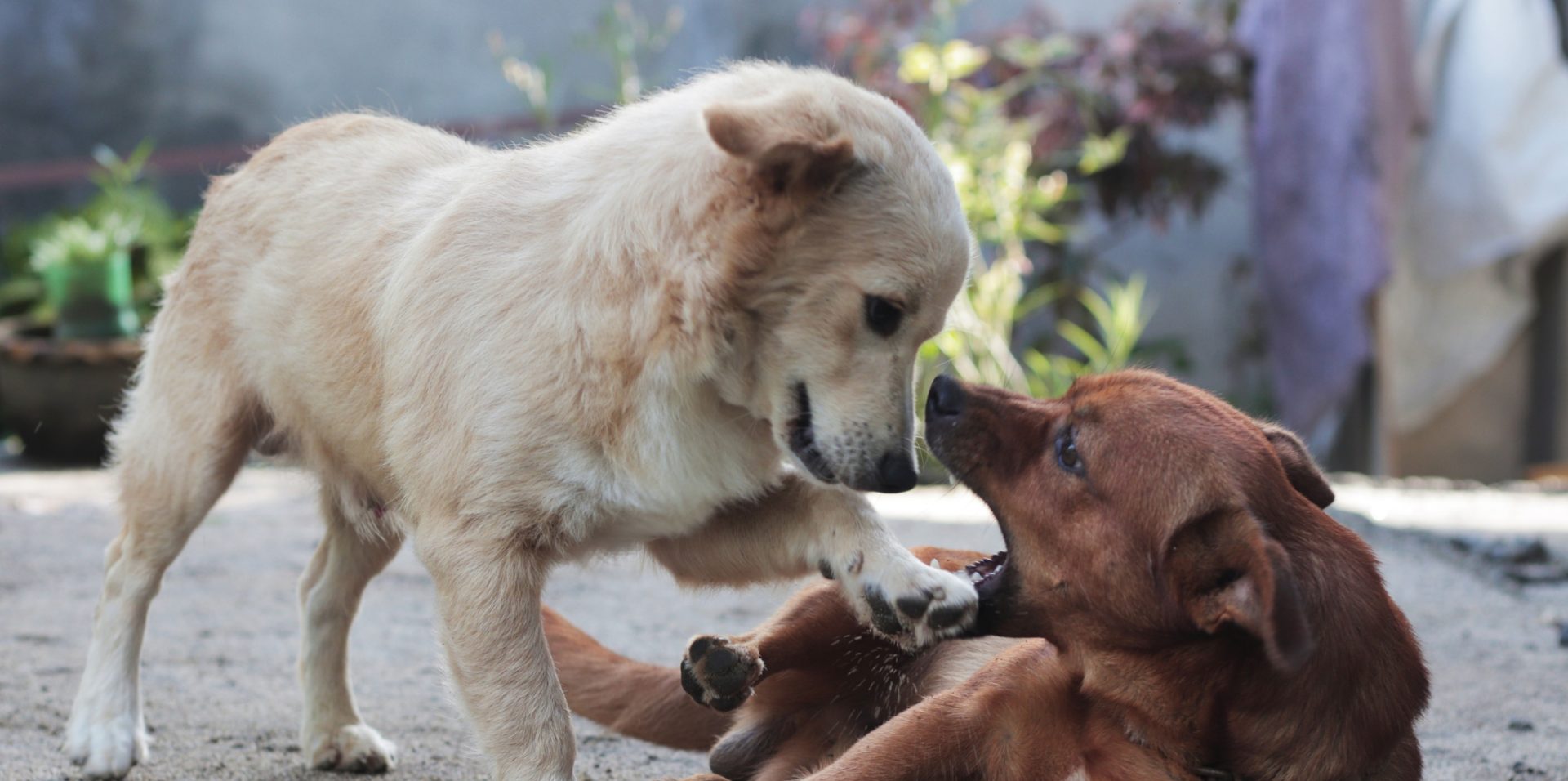Everyone who brings a pet into their life knows that their pets have a shorter life expectancy than people. As much as we love them, most dogs and cats do not live past fifteen years while, in general, people may reach their eighties. While most people expect to outlive their pets, life happens. People who were healthy and active may develop serious illnesses, have a significant accident, or age catches up with them and they pass away. Then, what happens to the loved pets that are left behind?
If a person is no longer able to care for their pets, they may be able to find other another person to care for them. If the situation is temporary, a friend or family member may be able to care for the pets or transport them to a boarding kennel. But those arrangements may not be practical for the long term. If the person is incapacitated, unable to make decisions, or dies, pets will need immediate care provided by others. Have plans been made for their follow-on care?
Now may be the time to think about who can care for your pets if you cannot do the job. Advance planning can ease the transition and ensure that the furry family will be well cared for in the future. There are some things to consider in working on follow-on care for pets. If you have multiple pets, do they need to stay together or is it fine for them to go to different homes? It may be very difficult to find one person or family who would be willing to take on long-term care of multiple animals. Will the short term care giver also be the long term care giver? Ideally, one person would be willing to fill both roles but that may not be possible. Therefore, multiple people should be identified as both short term and long term care providers.
A short term care giver is someone who would quickly step in to ensure that pets are fed, watered, and housed in a safe and timely manner. They need a key to the house, know where the pet food is kept, and be familiar with the pet’s feeding schedule. They may need to administer any medications that the pets require. They should be prepared to care for the pets for a few days and assist in getting the animals to a long term care giver, if needed.
The long term caregiver needs to have the time, space, and the financial resources to care for one or more animals for the remaining life of the pets. That person may need to handle possible behavior issues that may come along with pets who are grieving the loss of their home and their special person or family. In the best case scenario, the long term care person would already have a relationship with your pets.
Once potential caregivers have been identified, ask them if they are willing to care for your pets. Never assume that a friend or family member will take on the care of your pets. It is essential that you ask them in clear and direct language if they will accept the responsibility. Some individuals may be willing to be take on a short term role but they do not want become a long term care provider. It is a good idea to ask multiple potential short term and long term care providers because someone who agrees to be a provider today may not be able to assume that responsibility months or years later because of changes in their own lives.
After caregivers agree to accept the responsibility, put it in writing. There are several possible documents that may address animal care such as a Will, Trust, or a Power of Attorney. Providing for animal care in a Will is probably not the best route to use because it can take months to probate a Will and pets require care immediately. In most states, pets are considered to be property so they cannot inherit funds, even for their own care. Money could be left to a designated pet caregiver but that person might use the funds for other purposes. In addition, pet care provisions in a Will may not be legally enforceable. Setting up a Trust for pet care may be a better option as a Trust may be established for a specific purpose such as pet care. The Trust document will specify the purpose of the trust and can address short-term and long-term situations. A third option may be to prepare a Power of Attorney to designate a person to act on your behalf. A Power of Attorney can be limited to the care of your pets and only become effective at such a time that you become incapacitated. Wills, Trusts, and Powers of Attorney are legal documents that should be prepared by a lawyer who is familiar with your wishes and can prepare the appropriate document(s) for your unique situation. Because of the time and expense of visiting a lawyer, you might be tempted to rely on a verbal agreement with your selected pet caregivers or draw up an informal document to address future pet care arrangements. Please reconsider that idea. The document you prepare may not be legally enforceable and your pets may not receive the care that you intended.
For most people, pets are considered part of the family. We expect to outlive them. But things happen and we may become incapacitated or they may outlive us. Therefore, we need to plan for their ongoing care if we are not able to provide that care ourselves. The plan should include several short-term and long-term care givers. In addition, the plan should be in writing and legally enforceable in your state. We love them so it is essential that we plan for their future care.





